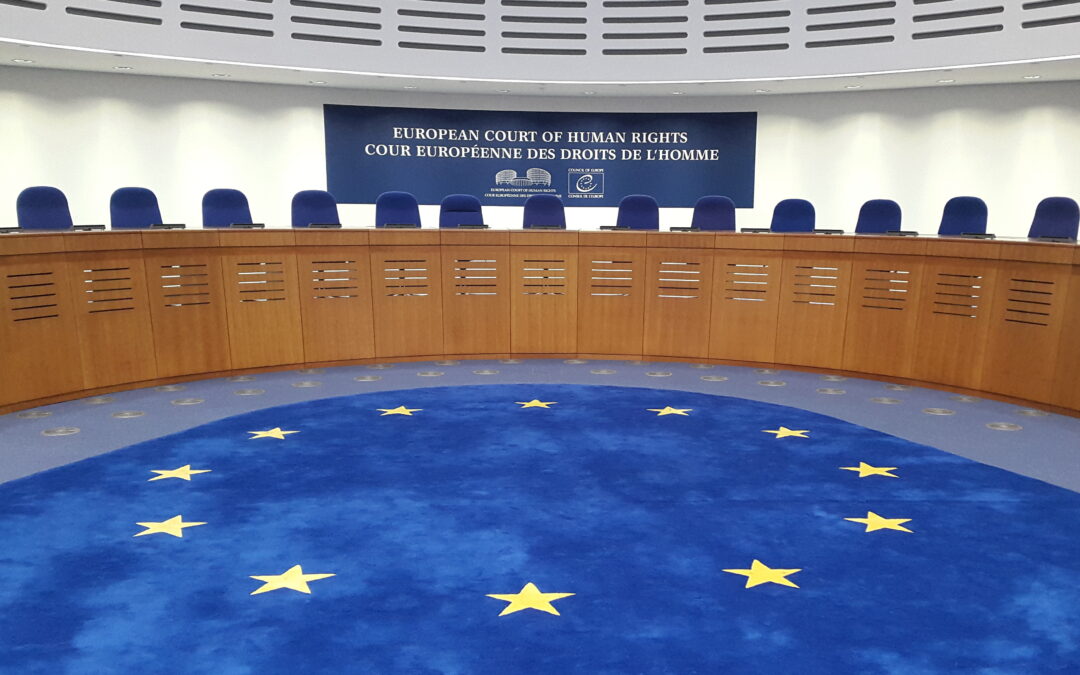
Jan 8, 2018 | Advocacy, Cases, Legal submissions, News
The ICJ and other organizations have intervened today before the European Court of Human Rights challenging expulsions of asylum seekers from Hungary to Serbia.
The International Commission of Jurists (ICJ), the European Council on Refugees and Exiles (ECRE) and the Dutch Council for Refugees have submitted today a third party intervention before the Grand Chamber of the European Court of Human Rights in the case of Ilias and Ahmed v. Hungary.
The case challenges the systematic practice by the Hungarian authorities to send back to Serbia foreign nationals asking for asylum under the pretention that Serbia is a safe third country in which to ask for international protection.
The intervening organizations have argued before the Court that:
- a removal that exposes an applicant to the risk of refoulement and deprives them of protections under international and EU law, is prohibited regardless of whether the decision was taken on the basis of the safe third country concept or the country was included in a “safe third country” list.
- International law requires, inter alia, a rigorous scrutiny of the applicant’s arguable claim of potential prohibited treatment, access to an effective remedy following a negative decision, and access to the rights under the 1951 Refugee Convention.
- Application of the safe third country concept for EU Member States is contingent on the applicant being admitted to the territory and having effective access to a fair asylum procedure in the safe third country
- An assessment of whether restrictions on the freedom of movement of migrants, imposed in a border or international zone, amount to deprivation of liberty under Article 5 ECHR must be based on the impact of these measures on the individuals concerned.
Hungary-ECtHR-amicusbrief-cases-Ilias&Ahmed-ICJ&others-2018-ENG (download the third party intervention)
Background
Ilias Ilias and Ali Ahmed, both Bangladeshi nationals, fled their home country in arrived at the Hungarian-Serbian border on 15 September 2015 after having briefly crossed through Serbia during their trip.
Having asked immediately for asylum in Hungary, they were confined for days in a transit zone, a ” a confined area of some 110 square metres, part of the transit zone, surrounded by fence and guarded by officers”.
Their applications were rejected on the very same day of their application on the grounds that they could have asked for asylum in Serbia, considered by Hungary a safe third country, and appeals were rejected.
They were removed to Serbia on 8 October 2015.
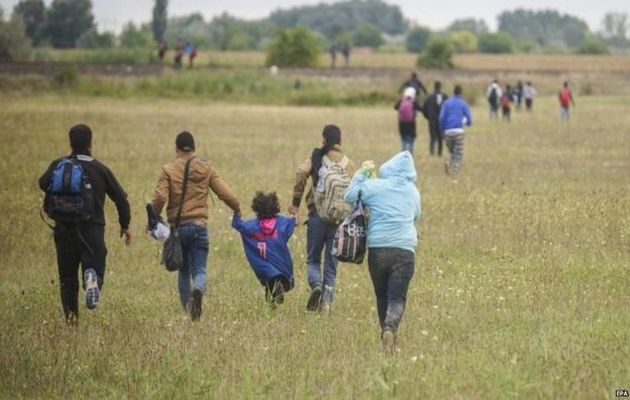
Dec 15, 2017 | Advocacy, Cases, Legal submissions
The ICJ, together with other NGOs, intervened before the European Court of Human Rights in MA v Poland, concerning interim measures to protect applicants for asylum at the Polish-Belarus border.
The case concerned a family of asylum seekers who sought to apply for international protection in Poland, at a border crossing with Belarus, but were repeatedly turned away by border guards. The European Court granted interim measures indicating that the applicants should not be returned from Poland to Belarus, and that their asylum application should be examined by the Polish authorities. These interim measures were not complied with.
In their third party intervention in the case, the ICJ, ECRE, AIRE Centre and the Dutch Council for Refugees emphasised the binding nature of the obligation to comply with interim measures of the European Court of Human Rights, supported by the jurisprudence of the Court and by comparative standards of other international human rights mechanisms.
They further submitted that, where interim measures relate to children, irrespective of whether the children are applicants in the case, the State must abide by the measure indicated with special diligence and take the appropriate protective measures which the age, level of maturity, environment and experiences of the children require.
Poland-MA-ECtHR-amicus-ICJ&others-final-eng-2017 (download the intervention)
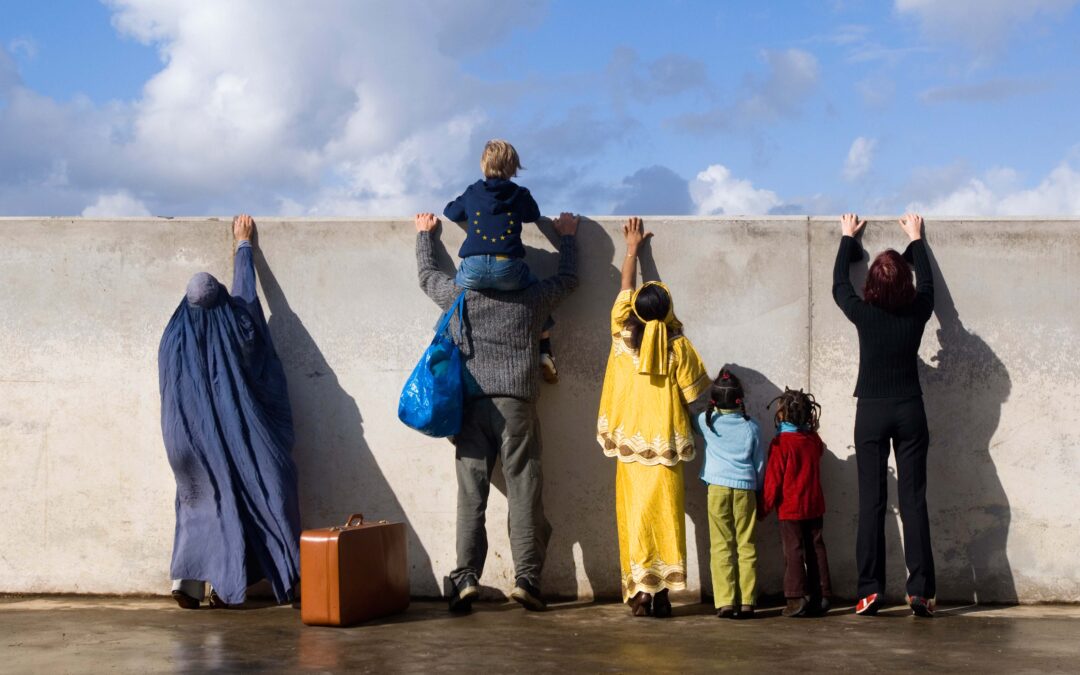
Dec 9, 2017 | Agendas, Events, News
Today begins in Izmir (Turkey) a two-day training for lawyers and CSO practitioners representing and working with migrants, refugees and asylum-seekers.
This event is organized by ICJ, in cooperation with its partners Refugee Rights Turkey, the European Council on Refugees and Exiles (ECRE), Mülteci-Der (MD) and ICJ-EI, as part of the EU co-financed project Fostering Access to Rights for Migrants, Refugees and Asylum-Seekers in Turkey.
30 lawyers and civil society practitioners – representing nine different bar associations and relevant organisations from the Istanbul area and other nearby key migration and asylum locations – are taking part in the training on 9 and 10 December.
The training aims to update lawyers and CSOs on the international and national law on the rights of refugees, migrants and asylum-seekers in order to be effective in their work at both the national and international levels. It aims at an effective implementation of the Turkish legal framework on asylum and migration.
The main thematic areas to be discussed will be the principle of non-refoulement, international protection, detention and access to economic, social and cultural rights.
The training will use as a basis the draft training materials prepared by the ICJ and its partners (to be published an the end of 2019) and, among other sources, the ICJ Practitioners Guide no. 6: Migration and International Human Rights Law.
The project “Fostering Access to Rights for Migrants, Refugees and Asylum-Seekers in Turkey” is funded by the European Instrument for Democracy and Human Rights (EIDHR) of the European Union.
Turkey-Training-Izmir-MigrationAsylum-Agenda-2017-tur-eng (download the agenda in Turkish and English)
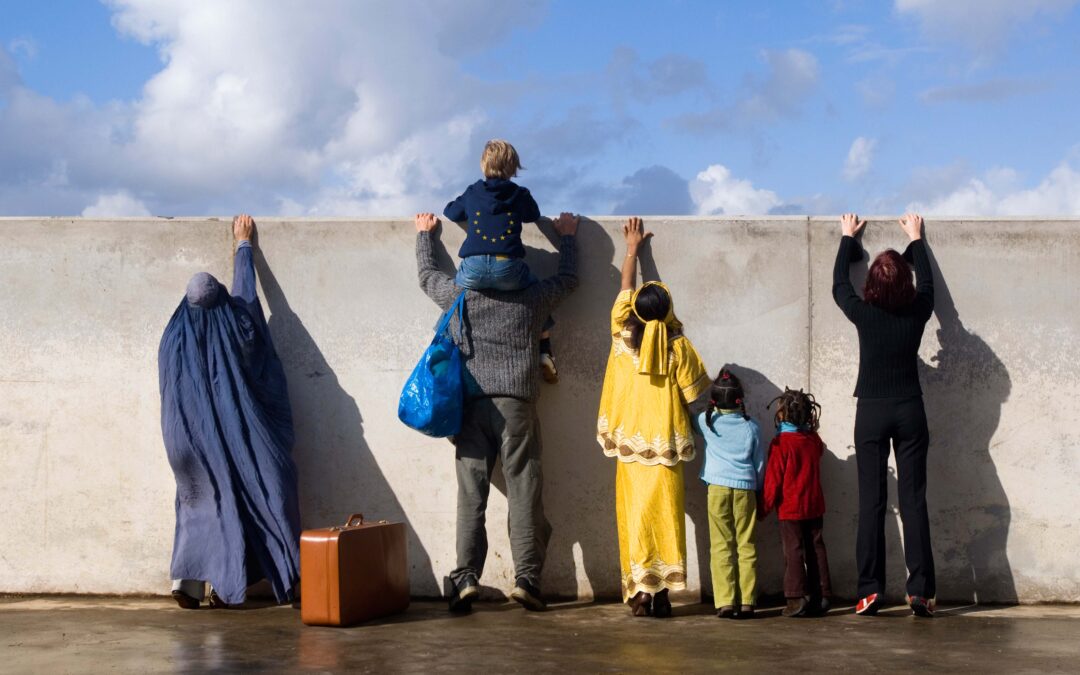
Nov 11, 2017 | Agendas, Events
Today begins in Istanbul (Turkey) a two-day training for lawyers and CSO practitioners representing and working with migrants, refugees and asylum-seekers.
This event is organized by ICJ, in cooperation with its partners Refugee Rights Turkey, the European Council on Refugees and Exiles (ECRE), Mülteci-Der (MD) and ICJ-EI, as part of the EU co-financed project Fostering Access to Rights for Migrants, Refugees and Asylum-Seekers in Turkey.
30 lawyers and civil society practitioners – representing nine different bar associations and relevant organisations from the Istanbul area and other nearby key migration and asylum locations – are taking part in the training on 11 and 12 November.
The training aims to update lawyers and CSOs on the international and national law on the rights of refugees, migrants and asylum-seekers in order to be effective in their work at both the national and international levels. It aims at an effective implementation of the Turkish legal framework on asylum and migration.
The main thematic areas to be discussed will be the principle of non-refoulement, international protection, detention and access to economic, social and cultural rights.
The training will use as a basis the draft training materials prepared by the ICJ and its partners (to be published an the end of 2019) and, among other sources, the ICJ Practitioners Guide no. 6: Migration and International Human Rights Law.
The project “Fostering Access to Rights for Migrants, Refugees and Asylum-Seekers in Turkey” is funded by the European Instrument for Democracy and Human Rights (EIDHR) of the European Union.
Turkey-Training-Agenda-MigrationAsylumIHRL-Istanbul-2017-eng (download the agenda)
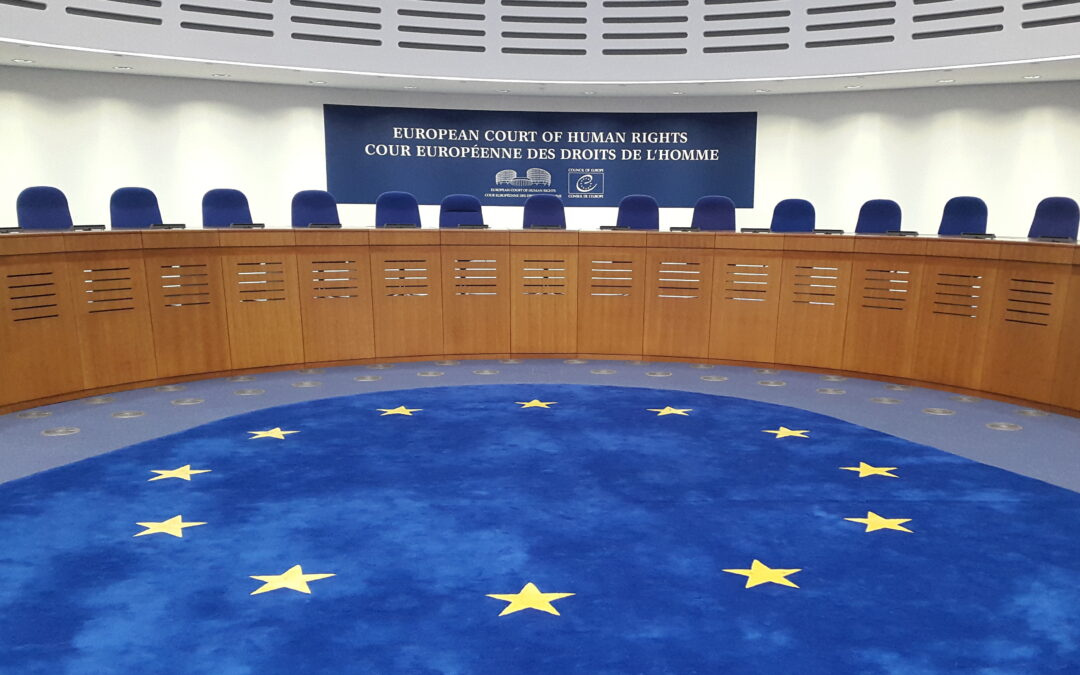
Oct 6, 2017 | Advocacy, Cases, Legal submissions
The ICJ and other human rights organisations intervened before the European Court of Human Rights in a case challenging the returns of migrants and refugees from Greece under the EU-Turkey deal.
The ICJ, the AIRE Centre, the European Council on Refugees and Exiles and the Dutch Council for Refugees have submitted a third party intervention before the European Court of Human Rights in the case of J.B. v. Greece. The case concerns the decision of Greek authorities to return a Syrian refugee to Turkey under the legal assumption that Turkey is a safe third country for refugees, that has been introduced following the EU-Turkey deal reached in reaction to the “refugee crisis”.
The interveners challenge the implementation of the rule of safe third country in these situations with regard to Greece’s obligations under the European Convention on Human Rights (ECHR). Specifically, the intervention focuses on:
- The principle of non-refoulement under the ECHR;
- The safe third country concept in international refugee law and EU law;
- The respect of the right to an effective remedy in cases of returns to Turkey under the safe third country rule.
Greece-JB_v_Greece-ECtHR-amicus-ICJ&others-final-eng-2017 (download the intervention)









